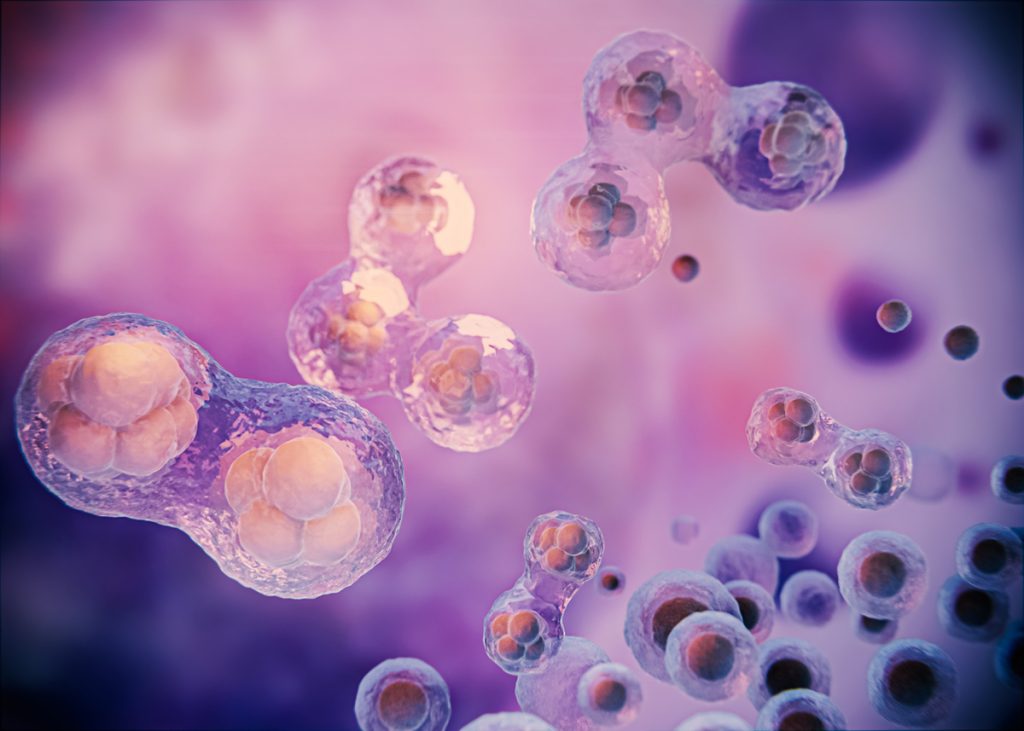Exogerm
Help Improving the Female Fertility
They are protein vesicles that have the capacity to regulate cellular and biochemical events that play a role in cell renewal, contain many growth factors, and are obtained by purifying the culture medium of mesenchymal stem cells (MSCs) obtained from newborn umbilical cord tissue through special processes.
Potential Mechanism of Effect
Exosomes, cells in female reproductive health Aiming for renewal
Endometrial tissue development
Increasing ovarian reserve and quality
Provides Ovarian Rejuvenation
How Are Exosomes Produced?
Exosomes are obtained from the newborn umbilical cord accepted to the Laboratory after going through all quality control processes in accordance with cGMP conditions. Mesenchymal stem cells separated from the tissue are grown in special culture dishes with a cell-specific medium. Dead cell residues are removed from the culture medium of the replicated cells. After the pretreatment steps, exosomes are isolated by high-speed spinning using an ultracentrifuge. After the obtained exosomes pass quality control tests, the product is made ready for use and stored under appropriate conditions.

Increases the Number and Quality of Eggs
Exosomes are microscopic vesicles that provide intercellular communication and improve the microenvironment of the ovarian tissue through the molecules they contain. This improvement promotes follicle development and improves the quality of egg cells, thus supporting reproductive potential
Rejuvenates the Egg (Ovarian Rejuvenation)
Exosomes work by improving the microenvironment of the ovaries and promoting follicle development. This improvement increases intercellular signaling, reduces oxidative stress and supports cell renewal. As a result, exosomes help rejenuvate ovarian functions by reducing signs of aging and improving egg quality.
